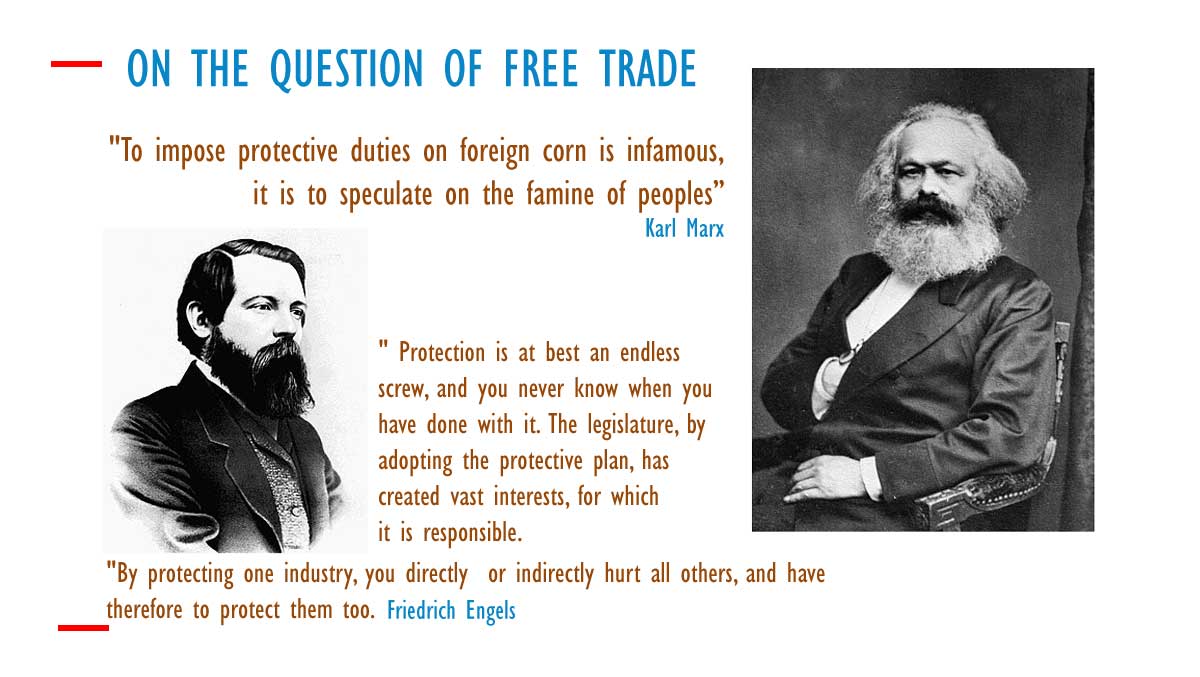

In a recent analysis, it has been suggested that Karl Marx and Friedrich Engels would have supported Sri Lanka's decision to relax rice import licensing until December 20, 2024, in response to rising prices. This move aims to alleviate food insecurity amidst a backdrop of high rice prices, which have been exacerbated by previous government policies that favored powerful lobbies, leading to malnutrition among the population. Despite the relaxation of licensing, a $220 per tonne import tax remains in place, alongside nearly a 50% duty on rice imported from South Asia [5d7ca1a7].
Historically, strict controls on rice imports imposed by past regimes have contributed to inflated prices, prompting criticism from economic analysts. The analysis highlights that Marx would have praised the current licensing relaxation but would have criticized the existing import tax, arguing that protective tariffs exploit the poor. Engels, on the other hand, noted that free trade had spurred industrial growth in the UK following the repeal of the Corn Laws, suggesting that similar policies could benefit Sri Lanka's economy [5d7ca1a7].
The report further characterizes Sri Lanka's oligopolies in the food sector as 'mafia-like', indicating that protective tariffs create vested interests that ultimately harm other industries. Examples from the United States illustrate how protectionism can stifle industrial growth, while countries like Vietnam and Singapore have thrived through free trade, leading to rapid industrialization [5d7ca1a7].
In the broader context of Sri Lanka's economic landscape, the tea industry is also facing challenges. The country has seen fluctuations in tea exports, with a reported 4.1% decline in October 2023 compared to the previous year, despite an increase in rupee revenues. The average export price for tea has decreased significantly, prompting concerns among producers about the sustainability of the industry [bf703bca].
As Sri Lanka navigates these economic challenges, the interplay between import policies, local production, and global trade dynamics remains critical in shaping the future of its agricultural sector and overall economy [5d7ca1a7].